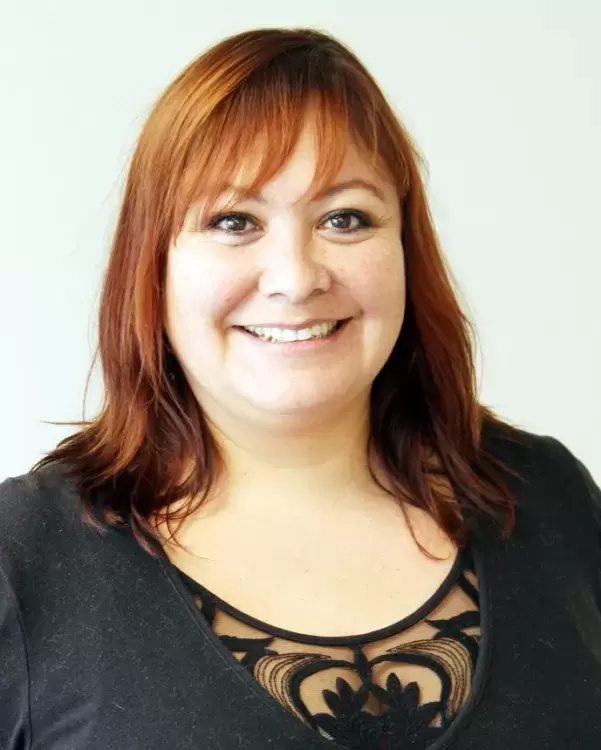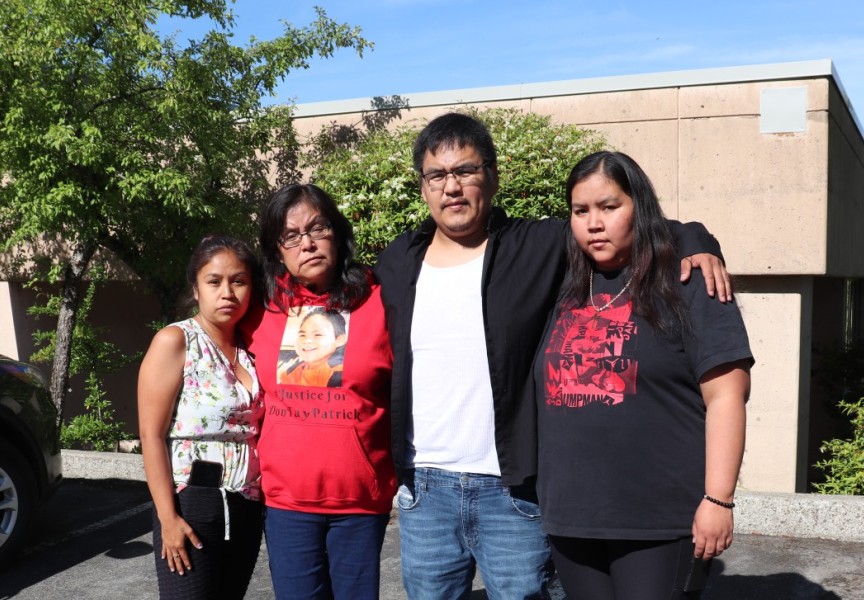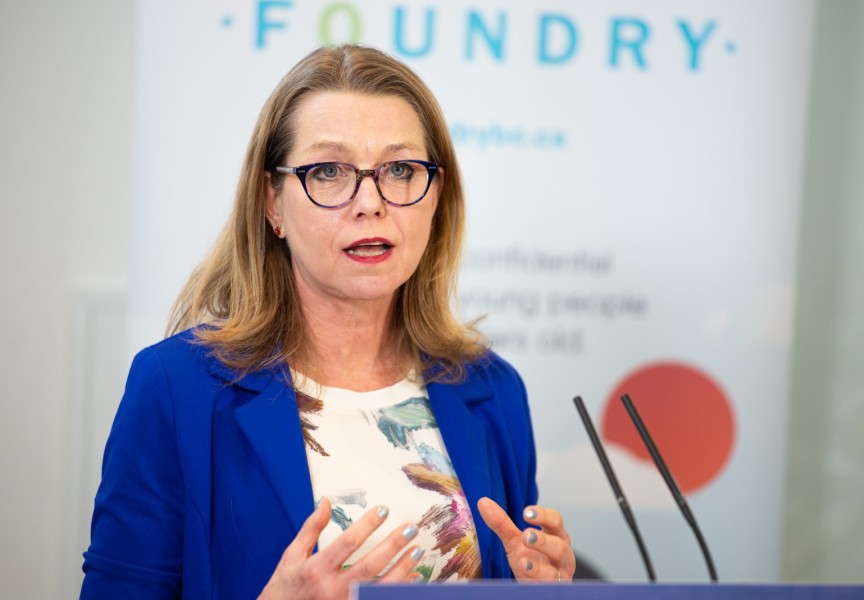As the federal government announces that the number of indigenous children in foster care has reached “crisis” proportions, a Huu-ay-aht councillor cautions that the system is continuing the intergenerational trend of removing First Nations youth from their families.
“More children are in care now than at the height of residential schools,” said Councillor Sheila Charles in a statement from the First Nation on Feb. 2. “We are already trying to help the ones who went through residential schools and address the intergenerational issues. Now, on top of that, we have even more children in care than ever before.”
In the spring of 2017 the Huu-ay-aht First Nations appointed a council of experts to investigate the issue. At that time there were 34 Huu-ay-aht children in care, comprising 17 per cent of the First Nation’s 200 minors.
Across the country other indigenous communities are facing a similar trend. Aboriginal youngsters comprise just 7.7 per cent of Canada’s children aged 0 to 14, yet 52 per cent of those in foster homes are First Nations, Metis or Inuit, according to the 2016 census.
In late January Jane Philpott, Canada’s minister of Indigenous Services, held a two-day emergency meeting in Ottawa to address the issue.
“Full reform of the child welfare system is needed,” she stated. “The focus must shift to prevention and family reconciliation, and away from apprehension. This meeting served to acknowledge the severity of the crisis and helped determine how everyone must be part of the solution.”
The two-day meeting brought together representatives from federal, provincial and territorial governments, as well as the Assembly of First Nations, Inuit Tapiriit Kanatami and Metis National Council. Youth who had been in the foster care system were also present.
“Youth in care, youth aging out of care and the grandmothers have been very clear – the current system is not working for indigenous children,” stated Carolyn Bennett, the federal minister of Crown-Indigenous Relations and Northern Affairs.
Six points emerged from the meeting that the federal government has pledged to pursue. These include reforming child and family services to a more flexible funding model, shifting the focus to prevention and early intervention, exploring federal legislation that is co-developed with communities, supporting culturally appropriate reform for Metis and Inuit, developing a reporting strategy with provinces and indigenous partners, as well as accelerating the work of trilateral and technical tables that are in place across Canada.
Last year the Huu-ay-aht First Nations’ special council determined that families need better support to prevent more children from going into foster care. A report from the panel described “circles of protection” that families require to better make decisions on the future of their children. The panel also recommended stronger assistance for families – particularly during periods of transition when children are sent to foster care, when they return home or if a parent is undergoing addictions treatment.
The Huu-ay-aht are in the process of implementing the recommendations, including adding more positions to assist families. But the panel’s report also stressed that the provincial and federal governments need to work with Huu-ay-aht families to prevent more separations.
“I make an immediate call for action from First Nations organizations and federal and provincial governments to work with Huu-ay-aht to reverse and reconcile this trend of moving indigenous children from their families,” stated Chief Councillor Robert Dennis Sr. “We have a plan, but we need them to support us. If they do, other nations could benefit from the investment our nation has made to future generations.”













